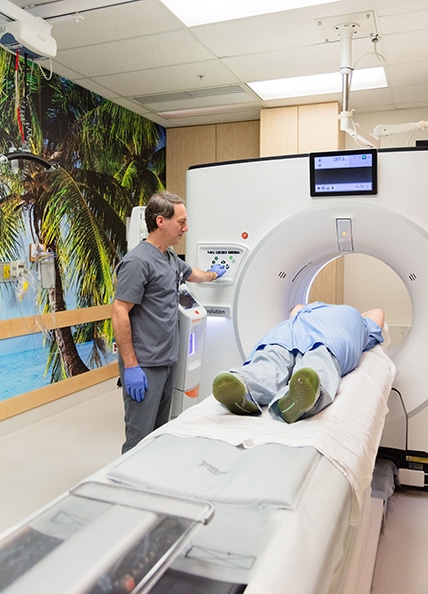Pathway To Canada For Medical Radiation Technologists/Pakistani Medical Imaging Science
Pakistani Medical Imaging Science Graduates/Medical Radiation Technologists are eligible to apply for licensure in Nova Scotia, and provisional registration is available.
Here’s a summary of the key points:
Eligibility: Pakistani Medical Imaging Science Graduates/Medical Radiation Technologists are eligible to apply for licensure in Nova Scotia.
Streamlined Process:
The Nova Scotia College of Medical Imaging and Radiation Therapy Professionals (NSCMIRTP) has a “streamlined process” for Internationally Educated Medical Imaging and Radiation Therapy Professionals (IEMIRTPs).
Provisional Registration:
Nova Scotia offers provisional registration to facilitate the entry of IEMIRTPs into the workforce. This is typically granted if you have met the educational equivalency requirements but have not yet passed the CAMRT National Certification Examination.
How it works: You would apply for provisional registration after the NSCMIRTP confirms your educational equivalency. You’ll likely need to provide proof of application for the CAMRT exam,confirmation of a job offer in Nova Scotia, proof of professional liability insurance, and complete an acknowledgement form. As a provisional registrant, you would work under supervision.
Steps to Licensure:
Initial Application & Credential Assessment: Submit your application and required documents (including transcripts, course outlines, and proof of clinical experience) to the NSCMIRTP.
Responsibility of Pakistani Medical Imaging Science graduates/Medical Radiation Technologists To Prove:
1.Educational Program Equivalency:
Program Duration and Structure: The Pakistani program should be a minimum of two years in length with both academic (theoretical) and clinical (practical) components. Many Canadian MRT programs are advanced diplomas (3 years) or bachelor’s degrees (4 years), so a Pakistani Bachelor of Science (BS) in Medical Imaging Sciences, which is typically 4-5 years, would likely be considered in terms of length.
2.Detailed Curriculum/Syllabus: This is crucial. You’ll need to provide:
A detailed list of all courses taken, with comprehensive descriptions of the content of each course.
Information on how you were evaluated in both the theoretical and clinical components (e.g., exams, assignments, clinical evaluations).
3.Fundamental Sciences: Strong foundational knowledge in:
Human Anatomy and Physiology
Radiation Physics and Instrumentation
Pathology and Medical Terminology
Pharmacology (especially related to contrast media radiopharmaceuticals)
Medical Ethics and Professional Practice Patient Care and Communication
4.Clinical Competence and Work Experience:
A.Clinical Hours: Documentation proving the amount of time spent in the clinical component of your program is vital. Canadian programs involve extensive clinical rotations.
B.Clinical Skills Checklist/Evaluations: You need to demonstrate hands-on experience and proficiency in performing various imaging procedures for your chosen discipline (e.g., performing chest X-rays, setting up CT scans, preparing patients for MRI). If your program had formal clinical evaluations, these should be submitted.
Work Experience:
Work experience must be recent, typically within the past five (5) years in the discipline in which you are applying. If you are a recent graduate with little or no work experience (within 5 years of graduation), your credentials might still be assessed, but having relevant work experience significantly strengthens your application. You’ll need employment letters verifying your work history, duties, and duration of employment.
Professional Registration/Licensure: If you are registered with any professional association or regulatory body in Pakistan, provide evidence of this.Address Gaps (if any): If gaps are identified, you may need to complete additional education or supervised clinical practice. Nova Scotia offers an “Internationally Educated Entry to Practice Exam Prep Program” to help with knowledge gaps.
Provisional Registration (if eligible): If you meet the requirements, you can apply for provisional registration to work under supervision while preparing for the CAMRT exam.
Apply for a full license without first obtaining provisional registration;
Provisional registration is a pathway designed to allow you to work under supervision while you are still completing certain requirements (most commonly, passing the CAMRT National Certification Exam and/or gaining specific supervised clinical hours). If you meet all the requirements for full licensure directly, you can bypass the provisional stage.Full Practising License:
Once you have successfully passed the CAMRT National Certification Examination and met all other requirements (including criminal record check, language proficiency, jurisprudence exam if applicable, and PLI), you can apply for a full Practising License with the NSCMIRTP.
CONTACT
MAHMOOD SALEEM
Advocate High Court
Immigration Consultant
Call 0321-4314001
WhatsApp 0333-5769655
